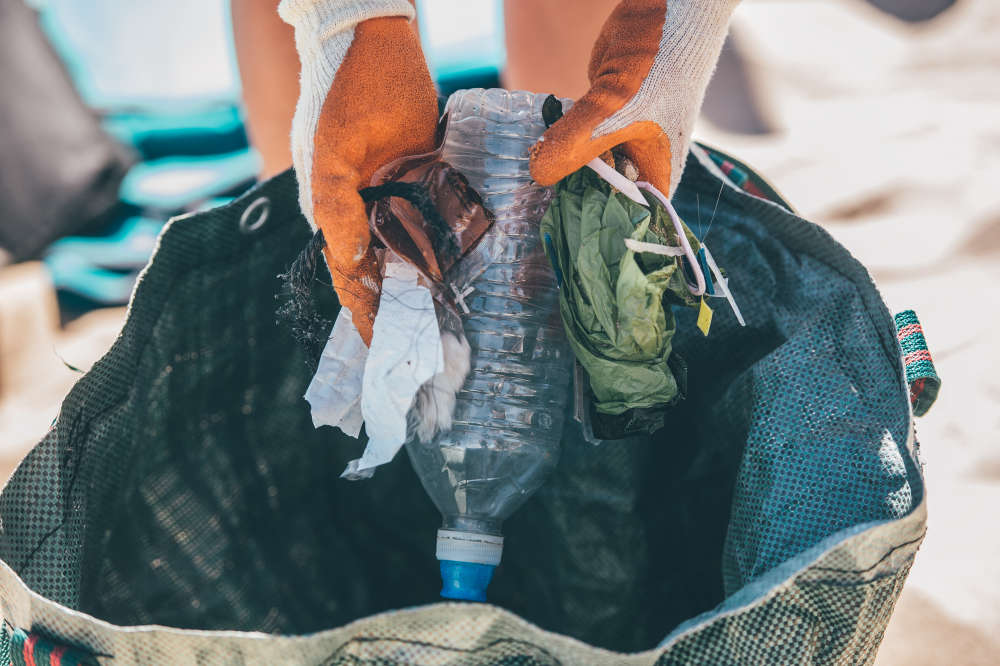
The Marine Conservation Society’s annual Great British Beach Clean is back, running from September 15 to 24 - with several events in Sussex.
It marks the 30th year that thousands of volunteers will be taking part in beach cleans and litter surveys across the UK.
Over 100 beach cleans have already been organised across the UK as well as the Marine Conservation Society’s Source to Sea citizen science project, which anyone, anywhere can get involved with.
Much of the pollution found on beaches makes its way there from inland, finding its way into streams, rivers or drains and ending up in the ocean.
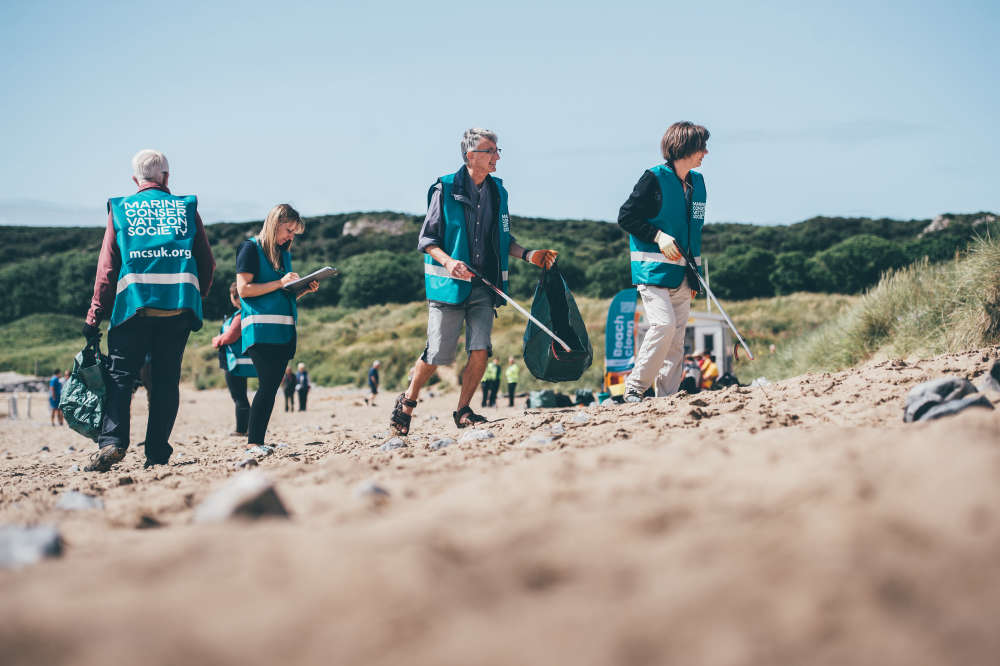
The data collected on pollution by the coast, as well as inland, enables the Marine Conservation Society to campaign for positive change to protect the ocean, and has already helped implement plastic bag charges, better wet wipe labelling, and supporting a tax on single-use plastic items.
Clare Trotman, Beachwatch Officer at the Marine Conservation Society, said:
“We wouldn’t be able to do the work we do at the Marine Conservation Society without the support of our volunteers heading out to the coast to collect vital information on what’s polluting our seas.
“With beach cleans happening across the UK, from remote beaches to busy seaside resorts, there’s so many ways to get involved and support us this year. If you can’t make it to the beach, you can still take part by doing a local litter pick and survey where you live.”
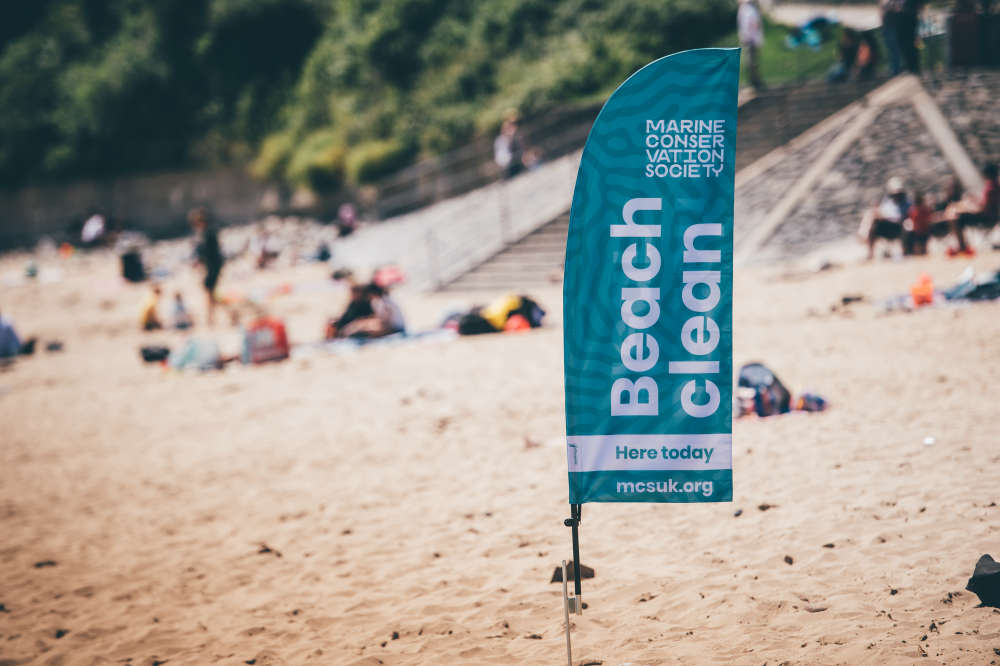
At last year’s Great British Beach Clean, 30 miles of beach were cleared and surveyed by 5,344 volunteers, collecting 141,048 pieces of litter. The amount of litter recorded across the whole of 2022 on beaches decreased by 11% across the UK and Channel Islands, compared to in 2021, with each UK nation seeing a reduction.
Some of the most commonly found items on beaches are from sewage discharges. Sewage-related pollution, often composed of plastics like period products and wet wipes, was recorded on 75% of beaches across the UK in 2022.
Dr Laura Foster, Head of Clean Seas at the Marine Conservation Society, said:
"Sewage-related litter, like wet wipes and period products, is often a sign of a sewage discharge nearby. Sewage not only contains misflushed items but also a toxic soup of chemicals including ‘forever chemicals’ and pharmaceuticals. Entering our beautiful seas untreated, they wreak havoc with the ocean's delicate balance. But it doesn’t have to be this way.
“The data our volunteers collect on sewage-related litter this year will help us understand the scale of the problem and keep fighting for sewage-free seas.”
At this year's Great British Beach Clean, the charity is asking volunteers to take pictures of sewage-related items or sewage outlet pipes they spot during their clean. Volunteers can share pictures with the charity by tagging @mcsuk on social media and using the #SewageFreeSeas hashtag, or submit them to the charity via their website, to help show how pervasive the issue is. Find out more at www.mcsuk.org/sewage-free-seas
To join the Great British Beach Clean visit: www.mcsuk.org/gbbc
Sussex residents can join the Great British Beach Clean in: Hastings, Worthing, Bexhill, Brighton & Hove, Pett Level as well as other scheduled cleans.

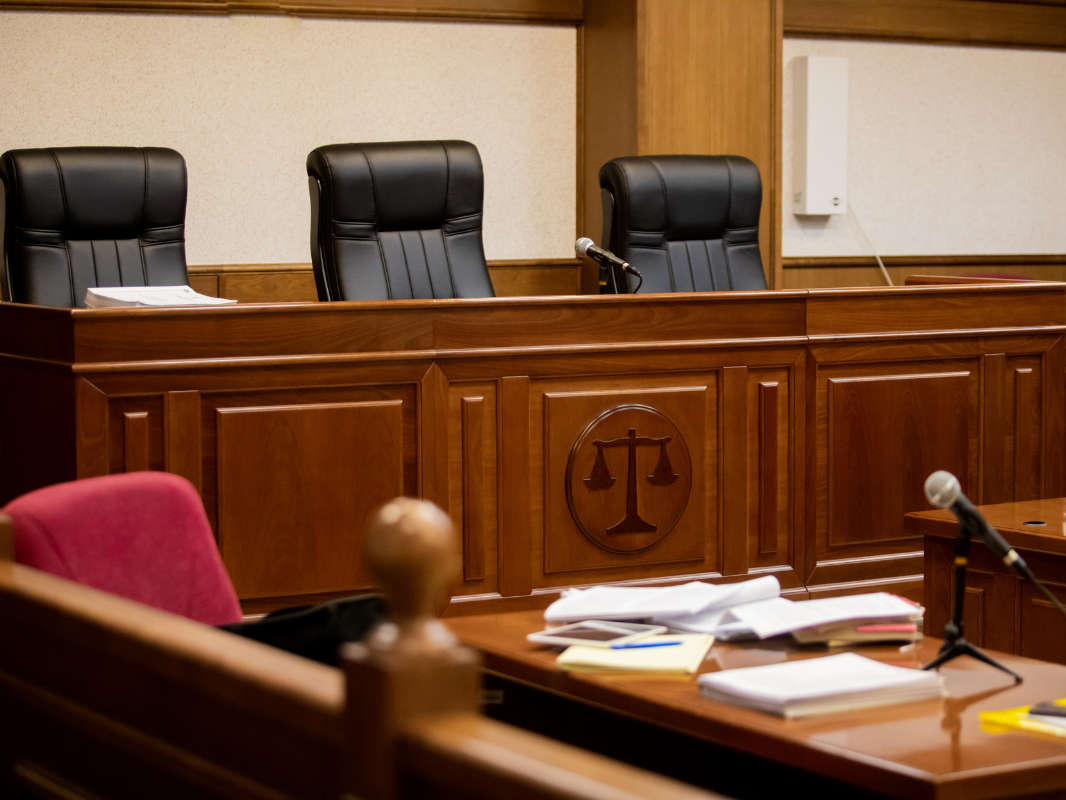 Man Charged After Throwing Brick Through Brighton Restaurant Window
Man Charged After Throwing Brick Through Brighton Restaurant Window
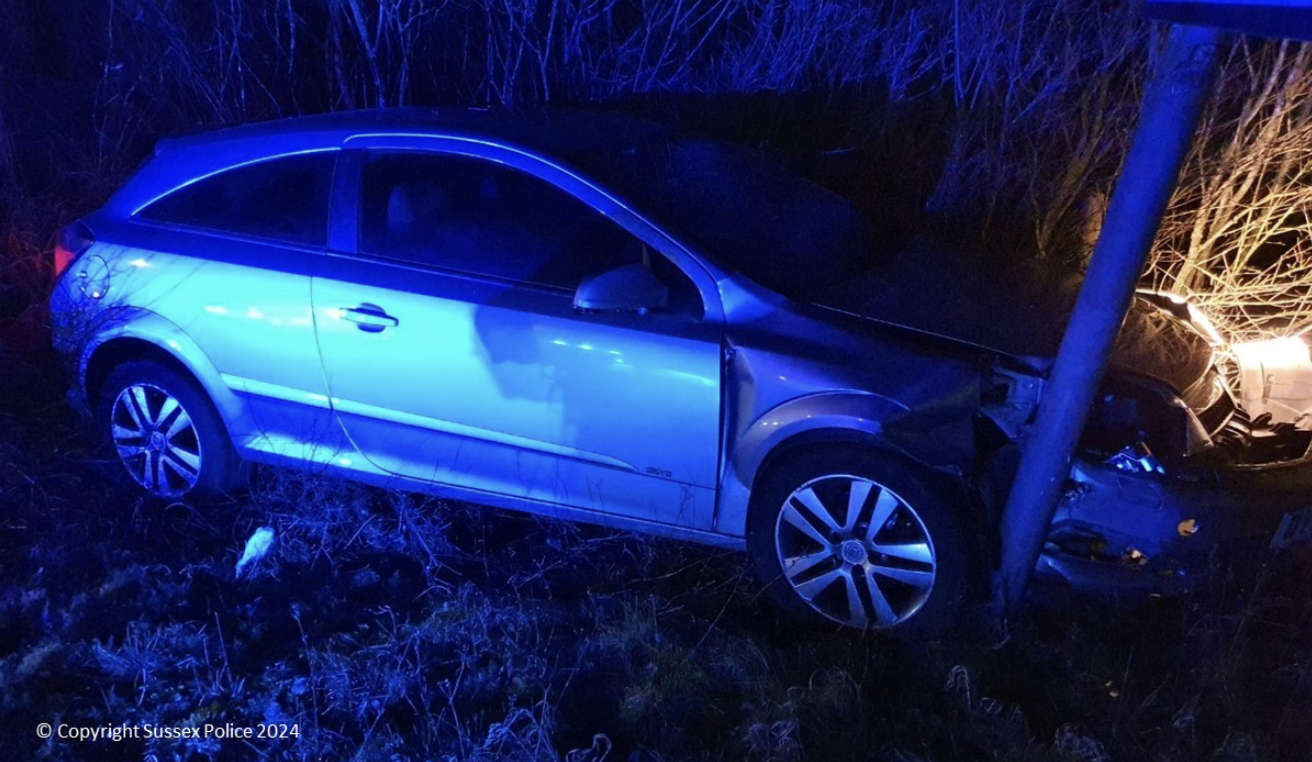 Peacehaven Man Disqualified Over High-Speed A27 Pursuit Near Brighton
Peacehaven Man Disqualified Over High-Speed A27 Pursuit Near Brighton
 Appeal After PCSO Assaulted In Uckfield
Appeal After PCSO Assaulted In Uckfield
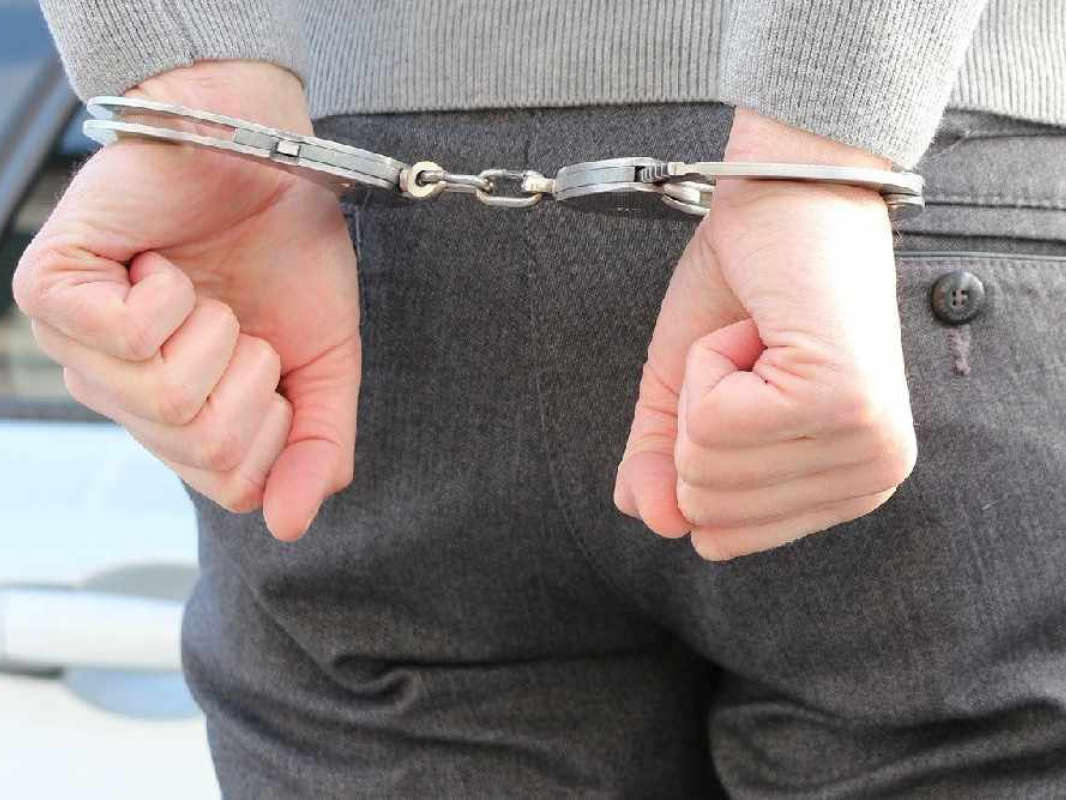 Man Charged With Rape Of Teenage Girl In Newhaven
Man Charged With Rape Of Teenage Girl In Newhaven
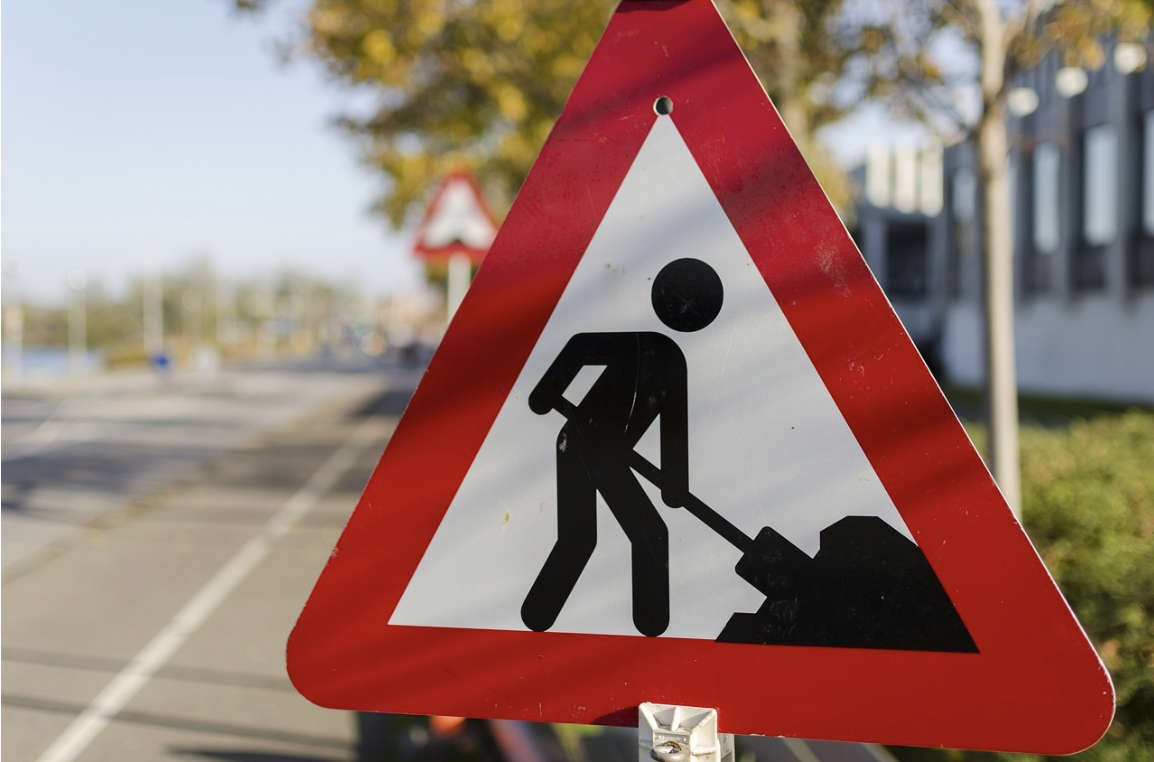 Overnight Closures For A22 Forest Row Road Improvements
Overnight Closures For A22 Forest Row Road Improvements
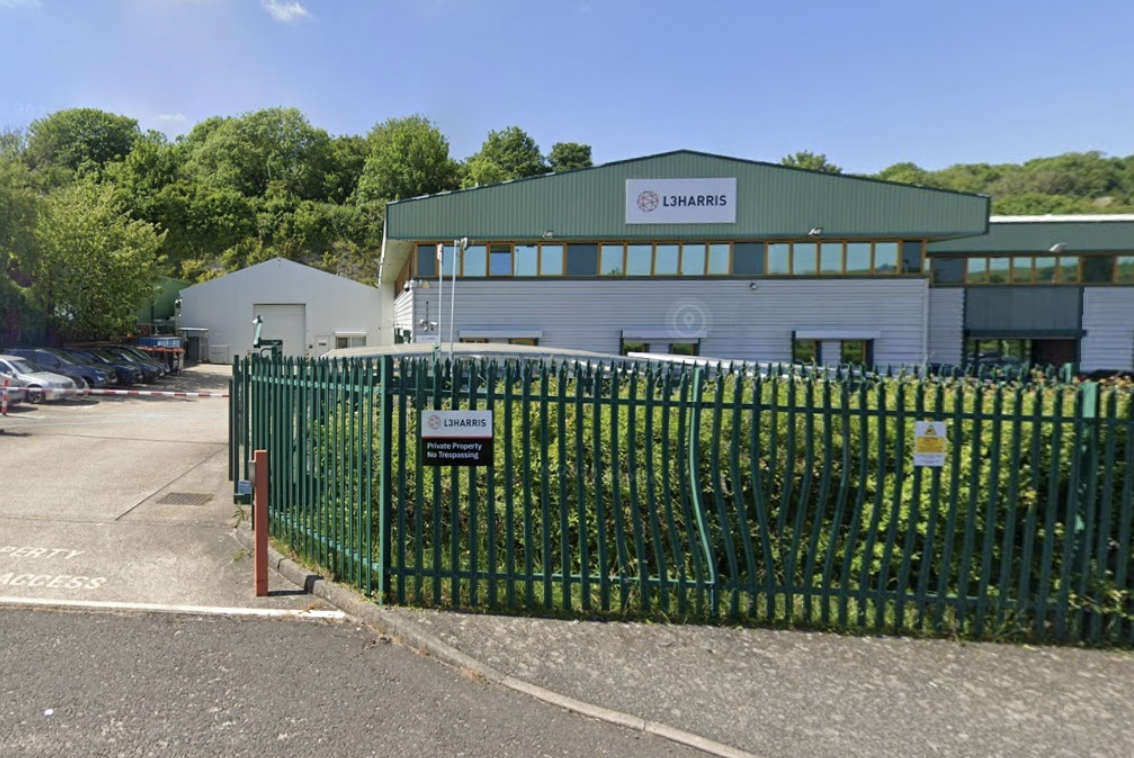 Brighton Defence Manufacturer's Controversial Planning Application Likely To Be Heard
Brighton Defence Manufacturer's Controversial Planning Application Likely To Be Heard
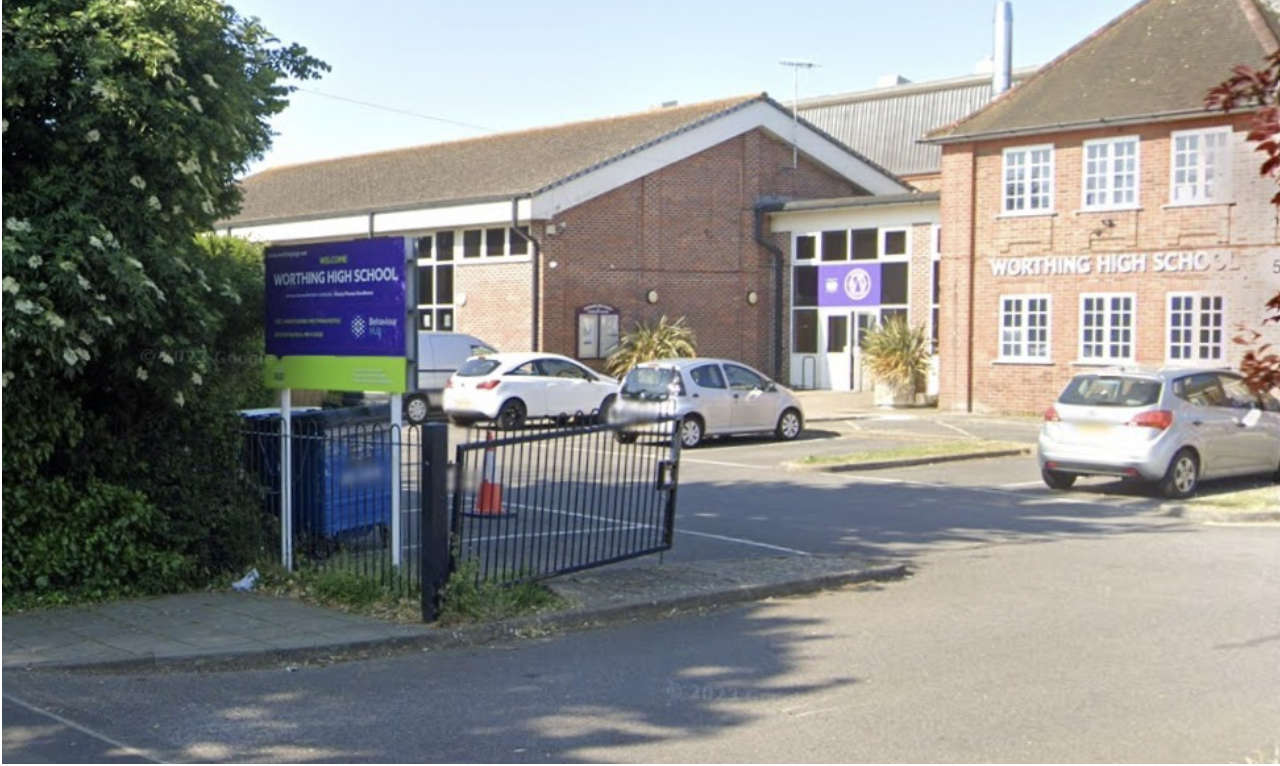 Over £2.4m Approved For Worthing School Support Centre
Over £2.4m Approved For Worthing School Support Centre
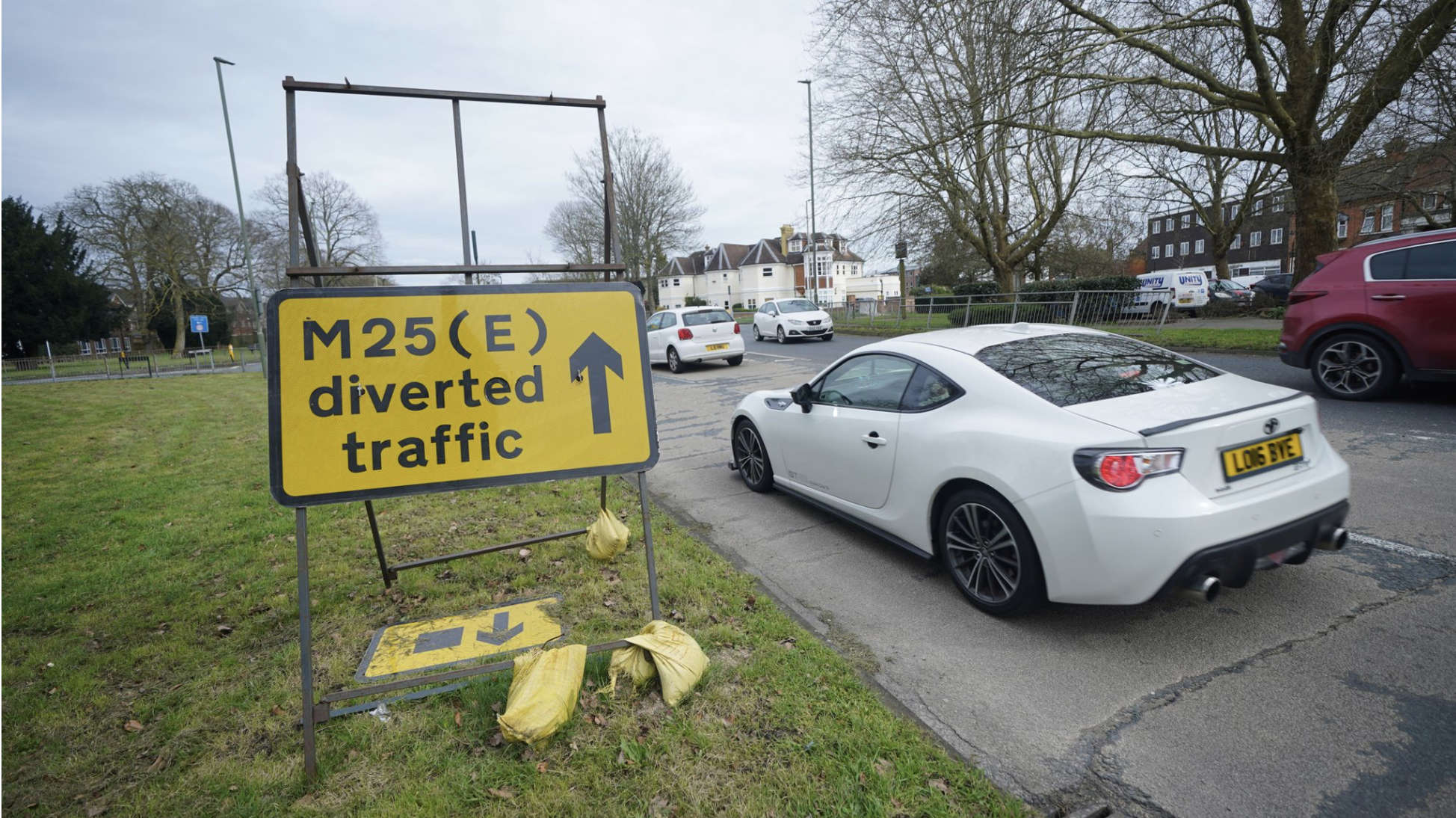 Section Of M25 To Close Again Tonight - As Drivers Warned Not To Get Complacent
Section Of M25 To Close Again Tonight - As Drivers Warned Not To Get Complacent
 Plans For 800 New Horsham Homes Refused
Plans For 800 New Horsham Homes Refused
 Over 200 Co-Living Flats Approved For Brighton
Over 200 Co-Living Flats Approved For Brighton